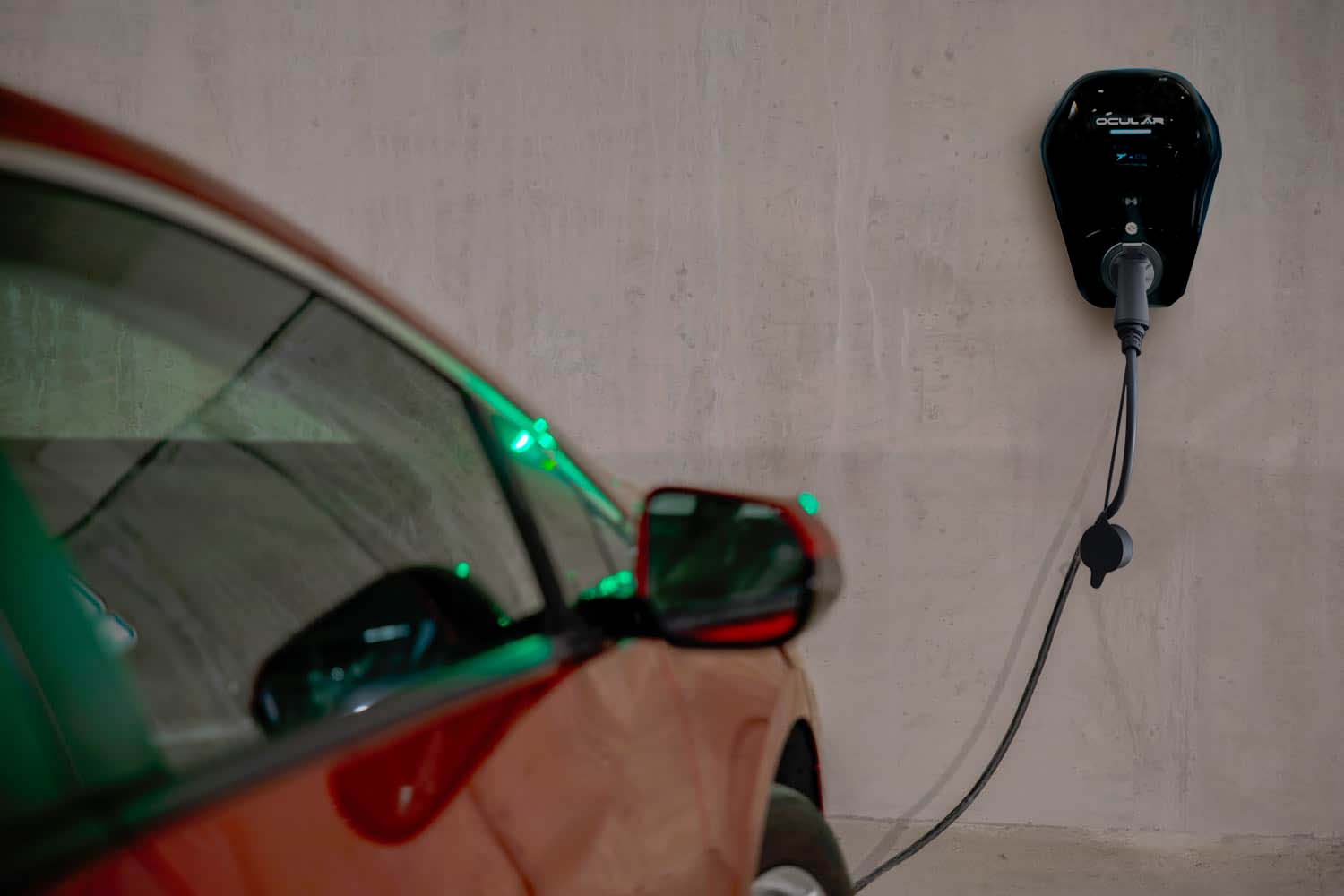National Construction Code: Class 2 Building (Apartment) Charging Requirements 2023

With electric vehicle uptake taking the market by storm, there is a surging demand for solutions that offer quicker and faster charging than the level-1 portable chargers (also known as trickle chargers or granny chargers) that come with a vehicle. As the name suggests they sacrifice charging speed at the expense of portability and convenience, and they typically require 30-40 hours to fully charge your standard electric vehicle. Typically what you’ll find in most homes is your level-2 AC fast charging wall box with options available for both single-phase and three-phase depending on the charging speed of your vehicle as well as power availability within your home. It’s a very simple solution that allows you to fully charge your electric vehicle overnight, much like your mobile phone. However, something that’s so simple and accessible to most people who live in a house isn’t as accessible to those who live in apartments. This is simply because there are so many factors and barriers that potentially influence the provisioning of EV charging equipment. As of current, not everyone owns an electric vehicle, and it makes sense that not everyone in an apartment building would be happy to contribute to someone else’s expense. In saying so, there have been new rules and regulations surrounding apartment charging that we will go over in this article.
To make things easier, we’ve created a short YouTube video that summarises your most frequently asked questions.
Minimum Apartment EV-Charging Bay Requirements
With a lot of resistance and reluctance surrounding the implementation of EV charging infrastructure in existing apartment buildings, it is no surprise that the Government has decided to put one foot forward to help meet Australia’s sustainable proficiency targets and transition towards meeting the goal of 90% EVs by 2050. With the Electric Vehicle Council estimating that 17% of the nation’s housing are apartment blocks, there needs to be a framework to accommodate EV charging as this number is only set to rise.
A Building Ministers Meeting held in late August of 2022 saw Federal Minister for Industry and Science Ed Husic rally federal, state and territory ministers to amend the national construction code such that new Class 2 Buildings (apartment blocks or buildings that contain two or more sole-occupancy units) are to be capable of charging cars in all their parking spots. The change is to come into play by October 2023, overriding an initial pushback that sought to limit the mandate to an initial 25% of car spaces. In a conversation with Husic, he mentions that getting builders to “rough-in” the capacity to charge their electric vehicles in their parking bays made sense as a modest upfront cost will help avoid significant stakeholder barriers as well as retrofitting costs in the future.
If you happen to be one of the people who buy into an apartment that has been designed and built after October 2023 then you’re in luck as your property will be EV ready.
As a consultant or builder, you will need to adhere to the new National Building Codes, to make sure that all new apartment buildings are wired to be “EV charging station ready” from October of 2023. So what would be considered “EV Ready”? As per the Environment, Planning and Sustainable Development Directorate – Planning, being EV-ready means getting a building ready to accommodate future EV charging infrastructure. It involves making sure that a parking space includes appropriate wiring, a covered outlet, and a final connection point for an EV charger. While retrospectively installing appropriate infrastructure into existing buildings provides EV owners with a convenient charging option, incorporating EV infrastructure during the planning and building phase of new multi-unit residential and commercial projects is a much more cost-effective and practical charging option.
To make things easier, we’ve created a short YouTube video that summarises your most frequently asked questions. Watch it here!
For any questions or enquiries regarding EV charging systems, feel free to reach out to the friendly team at EVSE and we’ll be more than happy to help.


